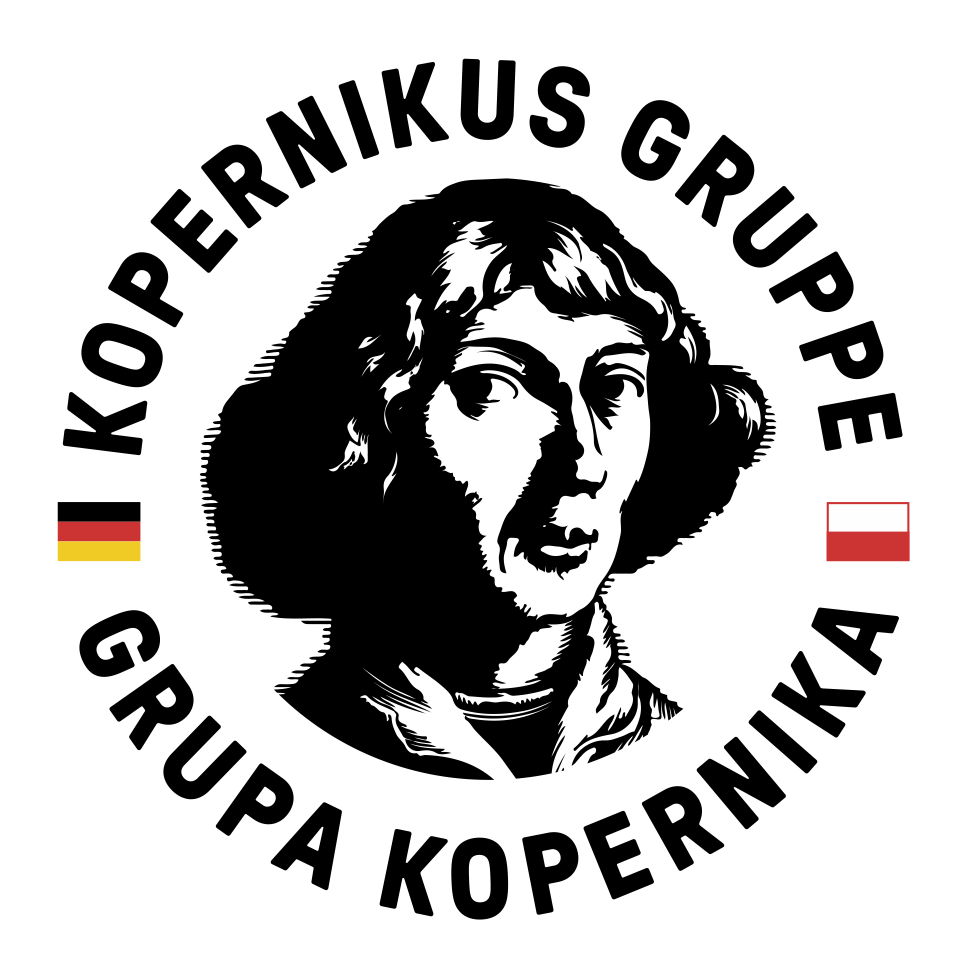 (4 August 2025)
(4 August 2025)
There is no alternative to Polish-German cooperation!
Appeal of the Copernicus Group following the parliamentary elections in Germany and the presidential elections in Poland
A Prussian-German policy toward Poland, lasting over two hundred years and marked by hostility, contributed to persistent tension and animosity in Polish-German relations. This hostility reached its tragic peak during World War II, when German aggression brought unimaginable suffering to the Polish nation. The war also claimed the lives of many German citizens and became a moral catastrophe for the entire German nation.
Both the cause and the consequence of the Polish-German reconciliation process after World War II was the deep conviction that the logic of hostility inevitably leads to a situation in which both sides lose. One of the greatest achievements of both nations has been the understanding that lasting security and prosperity are possible only when we do not act against each other, but work together—in mutual respect and partnership.
Today, it must be stated clearly: there is no viable alternative to close Polish-German cooperation. In the face of the enormous challenges of the future, only joint, solidarity-based action will provide a real guarantee of security and peace for both countries. NATO and the European Union remain the optimal environment for such cooperation.
For this reason, current political trends in both Poland and Germany must raise serious concern. Although differing in content, form, and national context, political forces are gaining influence in both countries that—each in its own way—promote national egoism, question the legitimacy of close Polish-German cooperation, and thereby weaken the foundations of the European Union. This creates a real risk of undermining the achievements of recent decades in mutual relations and a return to the logic of hostility—a logic that has in the past led to suffering and catastrophe.
Political forces that understand the importance and value of good Polish-German relations bear a special responsibility today. Their urgent task is to effectively counter these dangerous tendencies. These efforts can and should take the following forms and actions:
-
Intensifying Polish-German Cooperation in the Field of Security
Joint actions to ensure the security of both countries strengthen social feelings of stability and, in turn, weaken the influence of radical and populist narratives. Shared security builds mutual trust—and greater acceptance of the Polish-German partnership.
-
A Broad-Based Information Campaign
A wide-ranging, professional information campaign is needed to raise awareness of how much both sides already owe to Polish-German cooperation—and what opportunities further deepening it could bring. It is essential to counter narratives that create antagonism between our societies and to reach social groups that are particularly susceptible to such narratives.
-
Strengthening Civil Society Institutions and Initiatives
It is necessary to systematically strengthen institutions that build good neighborly relations (including the Foundation for Polish-German Cooperation and the Polish-German Youth Cooperation), as well as to provide clear support and recognition for numerous social initiatives that, for years on both sides of the border, have created networks of people fostering good relations and mutual trust. These initiatives play a crucial role in countering disinformation and reducing society’s susceptibility to populist narratives.
-
Updating the 1991 Treaty of Good Neighbourship
Updating the 1991 Treaty of Good Neighbourship—possibly in the form of a Polish-German Declaration on Friendship and Strategic Cooperation in Europe—should emphasize the need for strategic cooperation on security and defense matters, while also highlighting the importance of deepening interpersonal contacts, supporting non-governmental organizations, and developing cultural and educational cooperation.
-
In Poland: Building a Modern, European Model of Patriotism
It is necessary to firmly oppose a populist vision of patriotism in which anti-German sentiment becomes a defining feature. A model of patriotism oriented toward European integration, openness, and cooperation with neighbors should be promoted—convincing that a true patriot is one who builds good relations with Germany, not one who undermines them. An important task is to counteract the marginalization of the German language, history, and culture in the Polish education system, support the German minority, and work through shared history—considering the significance of Polish-German relations over the past centuries and the values of the European Union.
-
In Germany: Rebuilding Trust and Respecting Polish Sensitivities
It is essential to resolve disputed issues that burden mutual relations and reinforce anti-German narratives in Poland as quickly and convincingly as possible. Good relations with a neighbor cannot be built without a thorough engagement with difficult history—including the legacy of Prussian and German anti-Polish policies from the mid-18th century—and without restitution for the crimes of World War II. It is also necessary to increase the presence of the Polish language, history, and culture in the German education system and actively support the Polish community. The issue of reinstated border controls must be resolved immediately—in the spirit of European solidarity—as they cause serious reputational and economic losses and, above all, contradict the idea of European integration.
On behalf of the Copernicus Group:
Dr. hab. Robert Żurek, Krzyżowa; Prof. Dr. Peter Oliver Loew, Darmstadt (4 August 2025)
The Copernicus Group is a project of the German Institute for Polish Affairs and the “Krzyżowa” Foundation for European Understanding.
Contact:
Robert Żurek: This email address is being protected from spambots. You need JavaScript enabled to view it.
Peter Oliver Loew: This email address is being protected from spambots. You need JavaScript enabled to view it.



